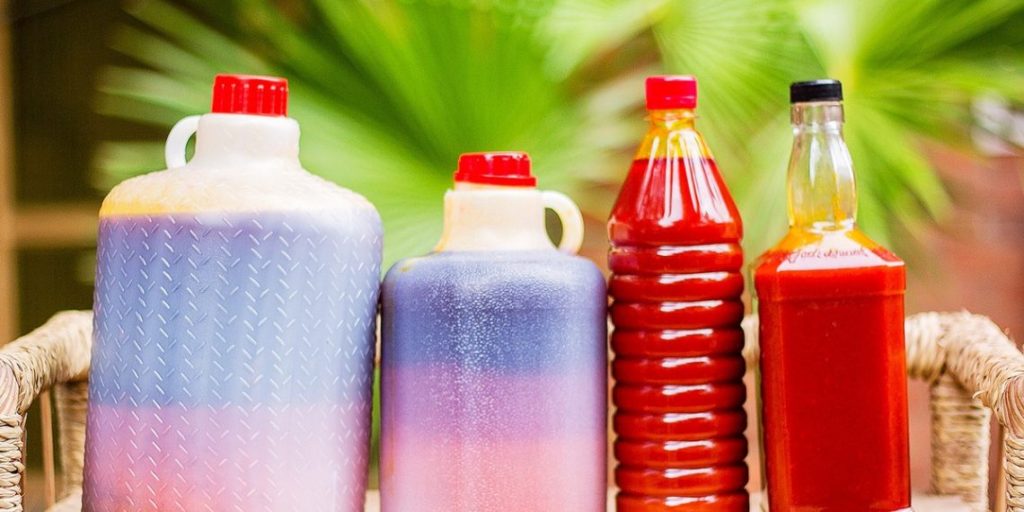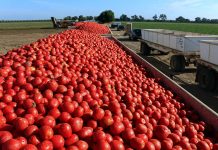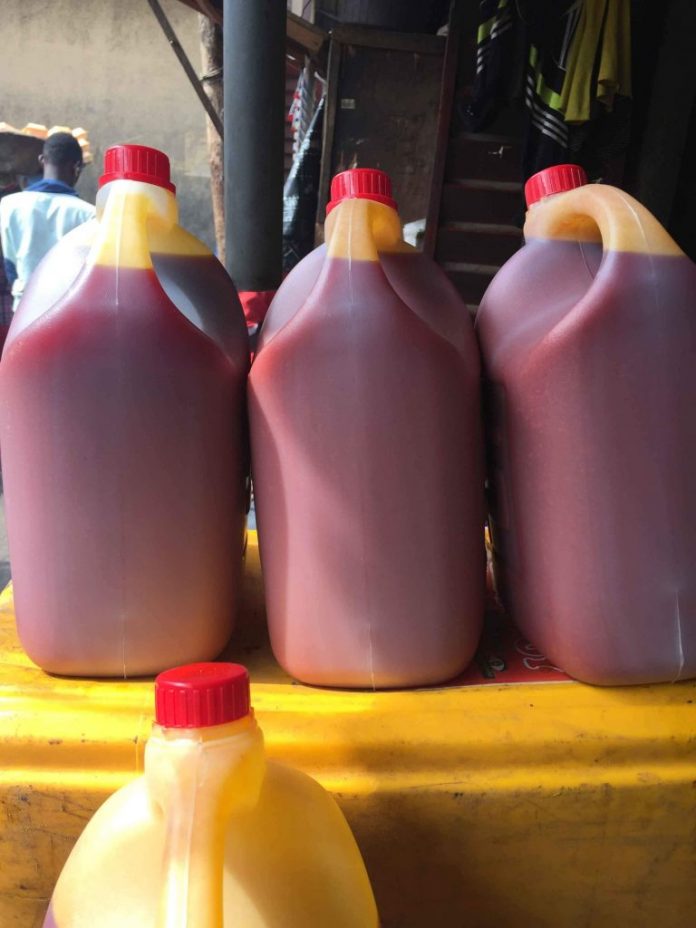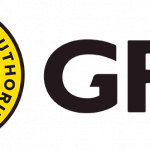Ghana is moving forward with an ambitious agricultural policy designed to slash its $2 billion annual palm oil import bill by ramping up local production, expanding processing capacity, and building a fully integrated palm oil value chain.

Outlined in the government’s 2025–2028 Medium-Term Expenditure Framework, the plan centers on the launch of the National Palm Oil Industry Policy under the flagship “RedGold” programme. This initiative will distribute 1.5 million high-yield oil palm seedlings to farmers nationwide, encourage large-scale out-grower plantation schemes, and offer incentives to expand domestic refining and processing facilities.
Authorities say the move is expected to attract significant private sector investment, create thousands of rural jobs, and strengthen Ghana’s broader import-substitution strategy while accelerating the country’s agro-industrial transformation.

The urgency for action is clear: while Ghana consumes more than 250,000 metric tons of palm oil annually, domestic production lags at roughly 50,000 metric tons, leaving a huge gap in the edible oils market and making the country heavily dependent on imports. The RedGold policy seeks to close this gap by linking smallholder farmers, commercial plantations, and processors into a coordinated value chain — from farm to refinery.
The palm oil push forms part of the Ghana Tree Crops Diversification Project (GTCDP), which aims to promote the commercial cultivation of multiple high-value tree crops including cashew, coconut, rubber, mango, and shea. These efforts are expected not only to enhance farmer incomes but also to generate export earnings and reduce the country’s exposure to volatile global commodity prices.
As part of the 2025 rollout, the Ghana Tree Crops Development Programme (GTRDP) will distribute a total of 5,070,000 seedlings, comprising 2 million cashew, 1.65 million rubber, and 1.42 million coconut seedlings. An additional 2 million seedlings will include 500,000 shea and 1.5 million mango plants, targeting some 500,000 farmers across the country.
Government officials say the RedGold policy represents a strategic shift towards self-sufficiency in edible oils while positioning Ghana as a competitive player in the global palm oil market.
























































![[FREE FREE MONEY] Predict and Win a Guaranteed GH¢200 From Us EVERY WEEK](https://wordpress.ghanatalksradio.com/wp-content/uploads/2022/02/Predict-and-Win-Final-09-03-2021-218x150.jpg)
![[Predict & Win – 8th/Oct.] WIN A Guaranteed ¢200 From Us This Week](https://wordpress.ghanatalksradio.com/wp-content/uploads/2021/10/maxresdefault-16-218x150.jpg)
![[Predict & Win – 2nd] WIN A Guaranteed ¢200 From Us This Week](https://wordpress.ghanatalksradio.com/wp-content/uploads/2021/09/maxresdefault-50-218x150.jpg)
![[Predict & Win – 25th] WIN A Guaranteed ¢200 From Us This Week](https://wordpress.ghanatalksradio.com/wp-content/uploads/2021/09/maxresdefault-36-218x150.jpg)
![[Predict & Win – 18th] WIN A Guaranteed ¢200 From Us This Week](https://wordpress.ghanatalksradio.com/wp-content/uploads/2021/09/maxresdefault-23-218x150.jpg)












![[National cathedral] See full list of churches that have contributed since 2018](https://wordpress.ghanatalksradio.com/wp-content/uploads/2020/09/Ghana-National-Cathedral-GhanaTalksRadio-100x70.jpg)



